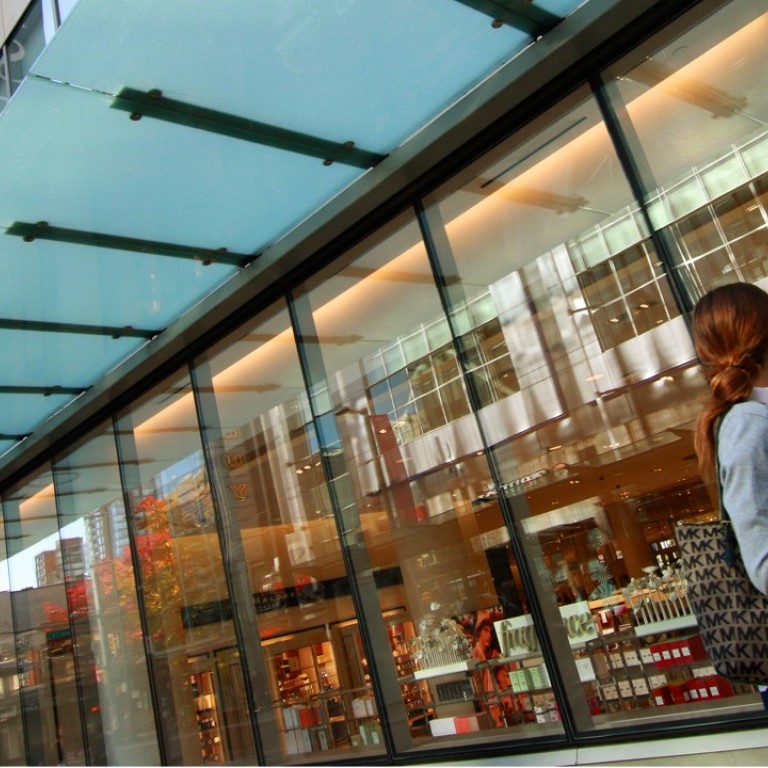
Vancouver’s Asian fusion fashion invasion, where Lululemon meets Louis Vuitton and mom-and-pop stores miss out
Even as downtown stores go ultra high-end, largely to serve the wealthy Chinese elite, Vancouver’s laid-back hipster look is asserting itself, creating a hybrid style much as city’s fusion food scene takes from East and West
The story of Vancouver’s fashion scene can be partially told through the Sears building at Granville and Robson in the heart of the city’s downtown core.
Opened in 1973, the large, white, Lego-block-like structure first housed Canadian retailer Eaton’s, then American department store giant Sears from 1999 until 2012. Inside you could buy everything from washing machines to exercise equipment in what was a decidedly uninspiring layout with a serious lack of windows.
Australian luxury retail boom fuelled by Chinese shoppers and micro-influencers
By the time Sears closed down, the store was a wasteland; seven floors and 650,000 square feet (60,000 square metres) of dust, leftover mannequins and discarded “closing sale” posters. The building sat empty for close to four years as it underwent a dramatic facelift.
A multimillion-dollar renovation has since revitalised the block, and the area now houses two massive upscale retail giants in Nordstrom and Holt Renfrew. When Nordstrom opened in 2015, thousands of shoppers waited for hours outside for the chance to be one of the first inside.
The clientele found in the area has also changed; while Sears was known for attracting baby-boomer families looking to get new household appliances, the building’s new anchor tenants are out to sell one thing, and one thing only: high-end luxury fashion.
Brand-name stores such as Calvin Klein, Gucci and Prada attract the city’s elite, next to upscale restaurants only the wealthiest can afford.
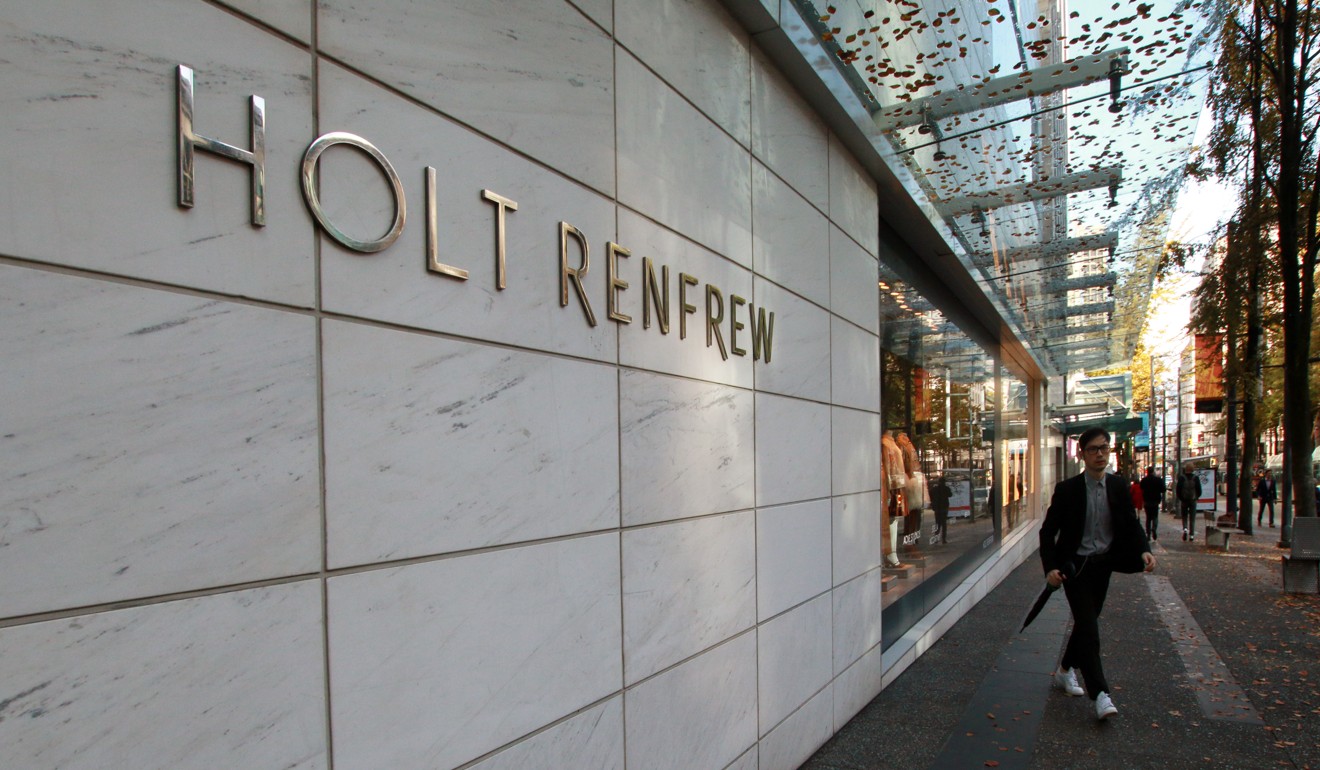
And as Vancouver becomes more of an international city, the upper-class demographic is becoming more Asian, bringing a decidedly oriental feel to the city’s downtown core. A record number of Hongkongers migrated to Canada last year, most of them settling in Vancouver, and an estimated 300,000 Hongkongers already have Canadian passports.
Vancouver native Chip Wilson, founder of high-end, yoga-inspired clothing company Lululemon Athletica, is one of the city’s most notable figures. He is possibly its father of fashion too, having also launched Westbeach, a ski and snowboard clothing line. His personal fortune is estimated at US$3.6 billion and he is largely credited with creating the “athleisure” clothing style, which blends sports attire with trendy everyday wear.
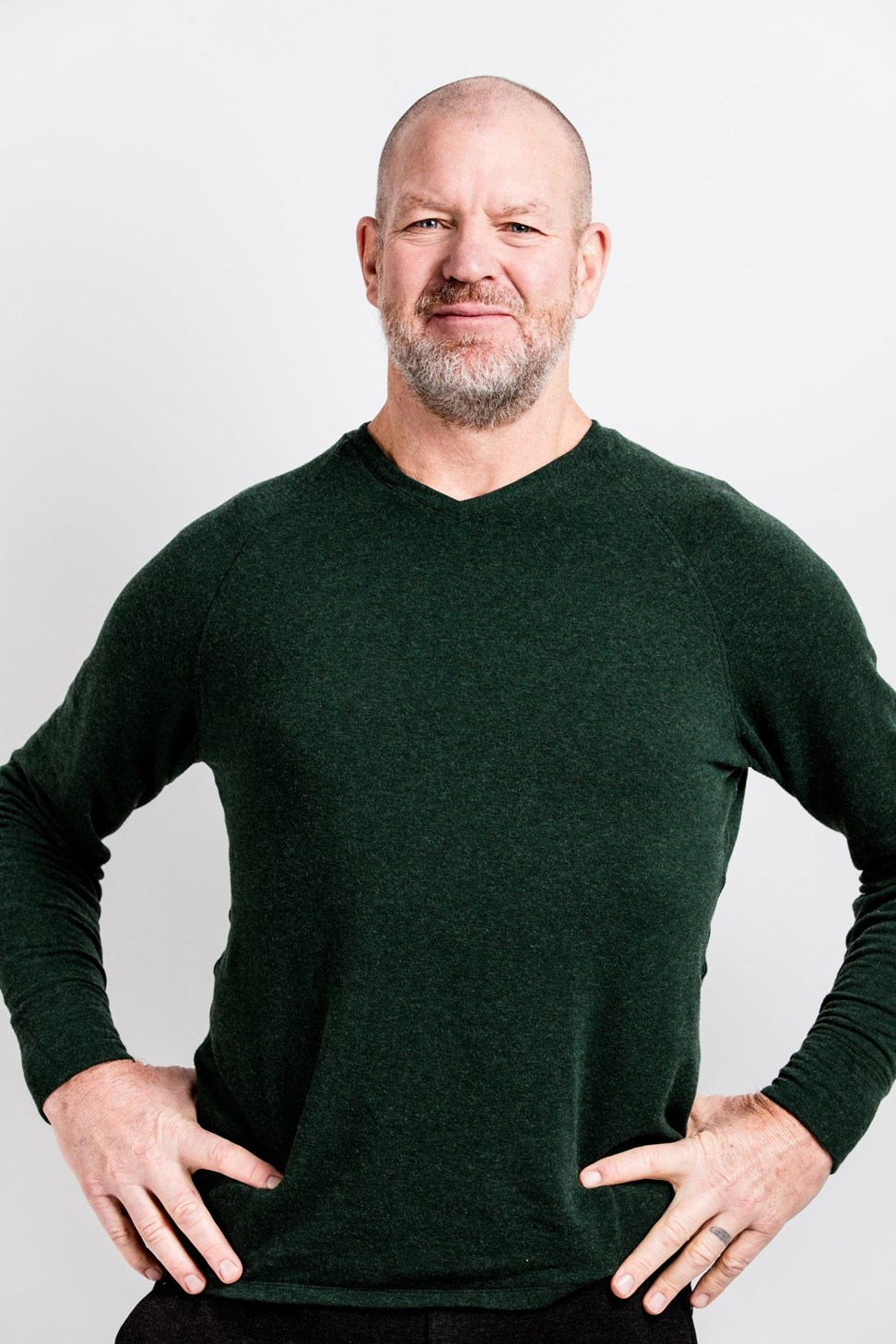
Wilson said Vancouver had seen various forms of Asian influence come in over the past few decades. He noted the specific Chinese wave has homed in on Vancouver because of its affable lifestyle, similar to other west coast North American cities like San Francisco and Los Angeles. In turn, they aren’t afraid to broadcast a sense of affluence in the process.
“This is something that has happened since the beginning of mankind: new money creates a need to show it off,” said Wilson, referring to the newly established upper-class portion of China’s population. “And if you look at the Chinese when they came into Hong Kong and the rest of the world, they only wanted to buy luxury items with big logos on them, so you have that particular type of buyer.
“And then you would have what I would call the sophisticated buyer and that would be somebody from a couple of generations of wealth from Asia that’s come over and doesn’t need to show it.”
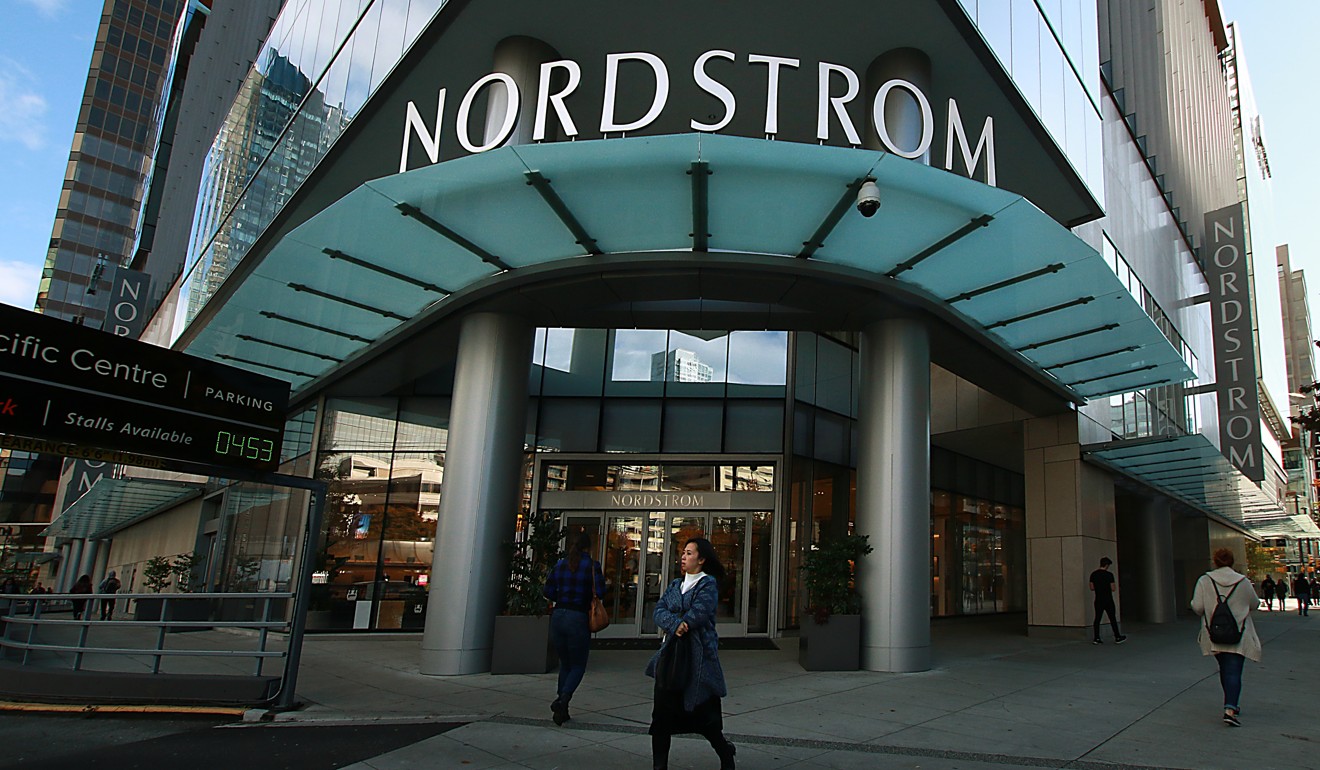
Wilson noted the growing number of Chinese “astronaut” families in Vancouver, where the wife and children live in Vancouver while the father commutes back and forth between China or Hong Kong due to work commitments.
“The child has too much money and not enough control, and goes and buys the luxury cars and the luxury clothing and seems to have no limit – it seems to be the father is compensating for not being around. So I think that is something that also drives the luxury game here [in Vancouver].”
[The Chinese businessmen] we see in the store have a bit of a flair for the accessories and letting people know who they are wearing
The property scene in downtown Vancouver has also changed along with its retail sector. Many local Canadian-owned mom-and-pop clothing stores that had become community staples have either left the area or been forced to close because of rising rents, a result of property tax increases.
A recent report by CBRE, a Los Angeles-based global real estate services firm, noted global capital is now flowing into Vancouver at an unprecedented rate – and it’s not just specific to residential real estate. Norm Taylor, executive vice-president and managing director of CBRE in Vancouver, said in a statement that the rise is being driven by Vancouver’s increased international exposure.
“In Vancouver for 2018, we are forecasting record-setting rental rates in office, industrial and luxury retail as demand continues to show no sign of retreat.”
Is Cantonese ‘threatened with extinction’ by Mandarin in Vancouver?
The counterpoint has been various demonstrations, negative press towards rising real estate costs, and a recently elected provincial government which has taken a number of steps to cool the residential housing market.
However, it appears downtown Vancouver’s retail scene is now largely the province of the wealthy – the city sits atop the list for the most luxury or supercars in North America per capita, and the list of clothing stores that have opened recently in the downtown core paints a pretty clear picture: Canada Goose, Off-White, Hermès, Céline and Montecristo Jewellers.
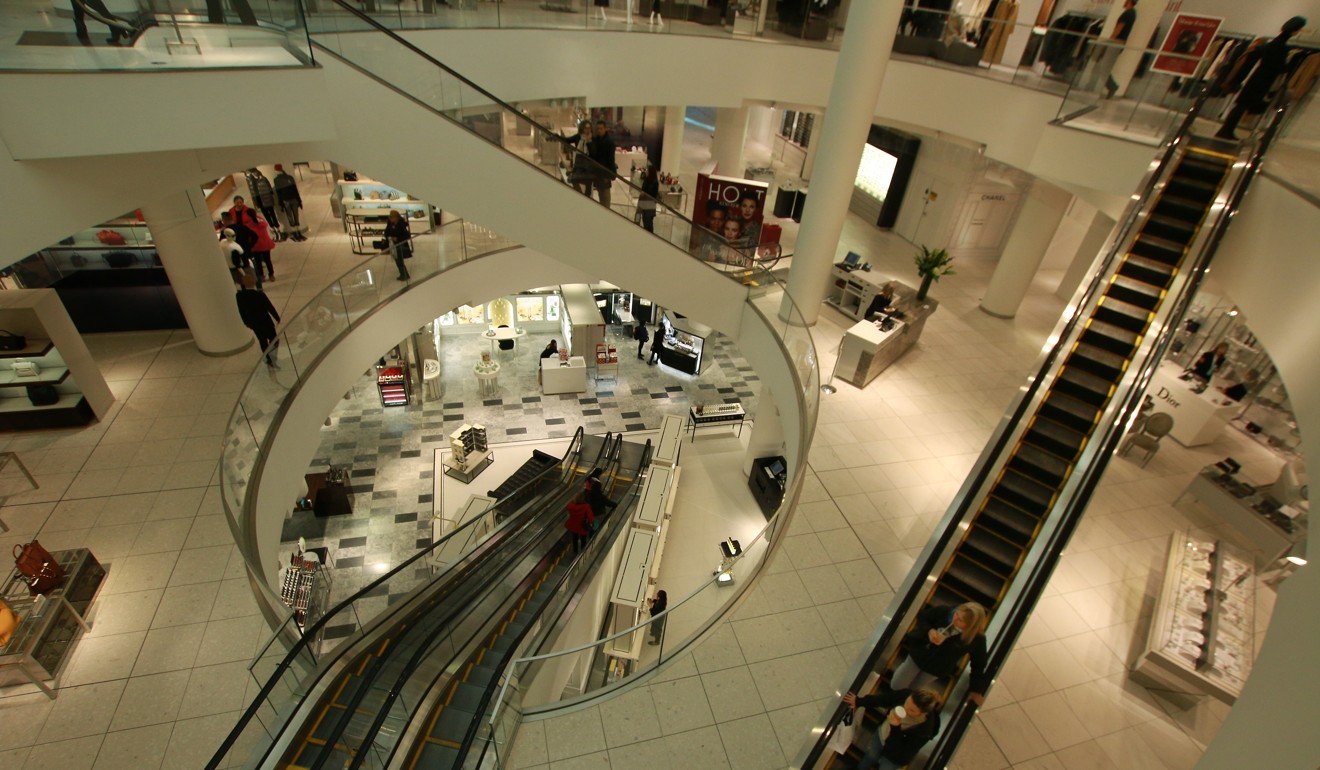
Ultra-luxury Italian menswear brand Stefano Ricci picked Vancouver to open its first Canadian store, setting up shop in January last year at 1139 West Georgia. The block also houses outlets such as women’s clothing retailer Snowflake, Equinox – a prestigious spa and health club – and Trump International Tower.
This area has recently been branded the city’s “luxury zone” by local media. Change began with the arrival of UK diamond giant De Beers on Alberni Street in 2013. Manuel Bernaschek, president of Stefano Ricci in Vancouver, said that, since opening, its store had exceeded expectations in terms of sales. He said that they have had a healthy dose of Chinese clientele looking to build a specific style. Ricci offers items such as belts, cufflinks and ties which can all cost hundreds of Canadian dollars for a single item.
“[The Chinese businessmen] we see in the store have a bit of a flair for the accessories and letting people know who they are wearing,” Bernaschek said. “We have belts in crocodile and leather that have the SR eagle head motif. Those are very popular.”
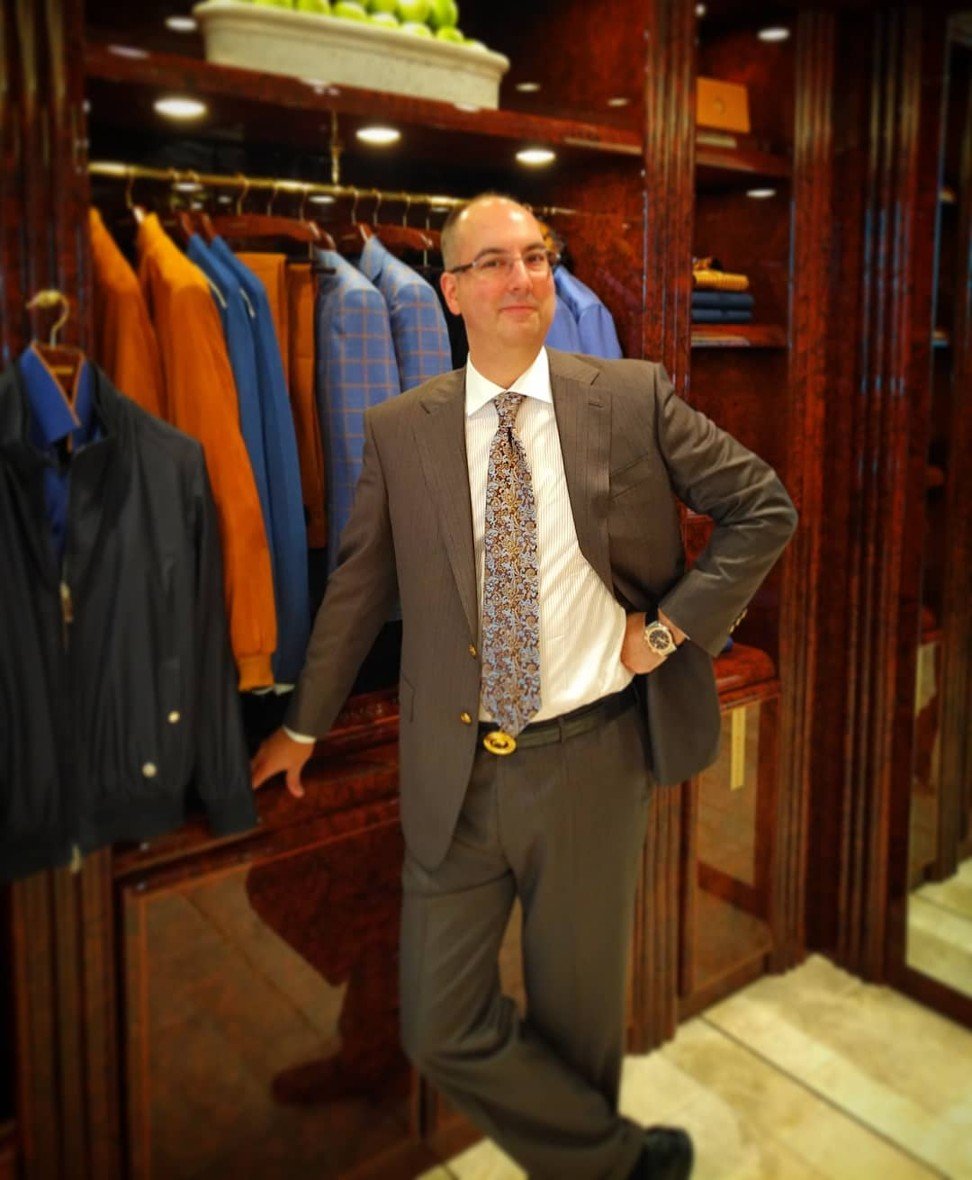
Belts on Ricci’s international website range anywhere from €800 (US$930) to €2,500, and ties can run as high as €350. Bernaschek added that how the clothing is made is also important to Chinese and Hong Kong clients. All of Ricci’s items are made in Italy by Italian craftsmen.
“Sometimes a brand will say ‘made in such and such a country’, but then when you go there, it’s being made in a factory by foreigners. We’ve had a lot of Chinese clients who are very impressed by the fact that if they visit our manufacturers, it’s actually Italians making Italian clothes.”
Why 10-step K-beauty regime is a myth – skincare is about simplicity
One of the top new brands to come out of Vancouver that has high-end and fusion elements to it is Aedelhard. The line focuses on men’s clothing, offering “performance” business suits of knit fabric that stretches much like form-fitting sports apparel. The brand also draws heavily from rugby and looks to offer formal attire that can be worn in less than formal conditions.
Co-founder Darrell Kopke, who used to work for Lululemon and Kit and Ace, another athleisure brand, said he thinks the high-end luxury scene may be slowly losing out to Vancouver’s laid-back urban hipster look, where high-end clothing starts to meld with inner-city styles.
“When one discusses Hong Kong and Chinese retail fashion, one tends to think European haute couture,” Kopke said. “That is because so many malls cater to the affluent mainland Chinese consumer who wants European luxury fashion.
“Although Vancouver’s Alberni Street is quickly following suit as the downtown luxury flagship store strip, the appetite of the Vancouver Chinese population is far more street than couture these days.”
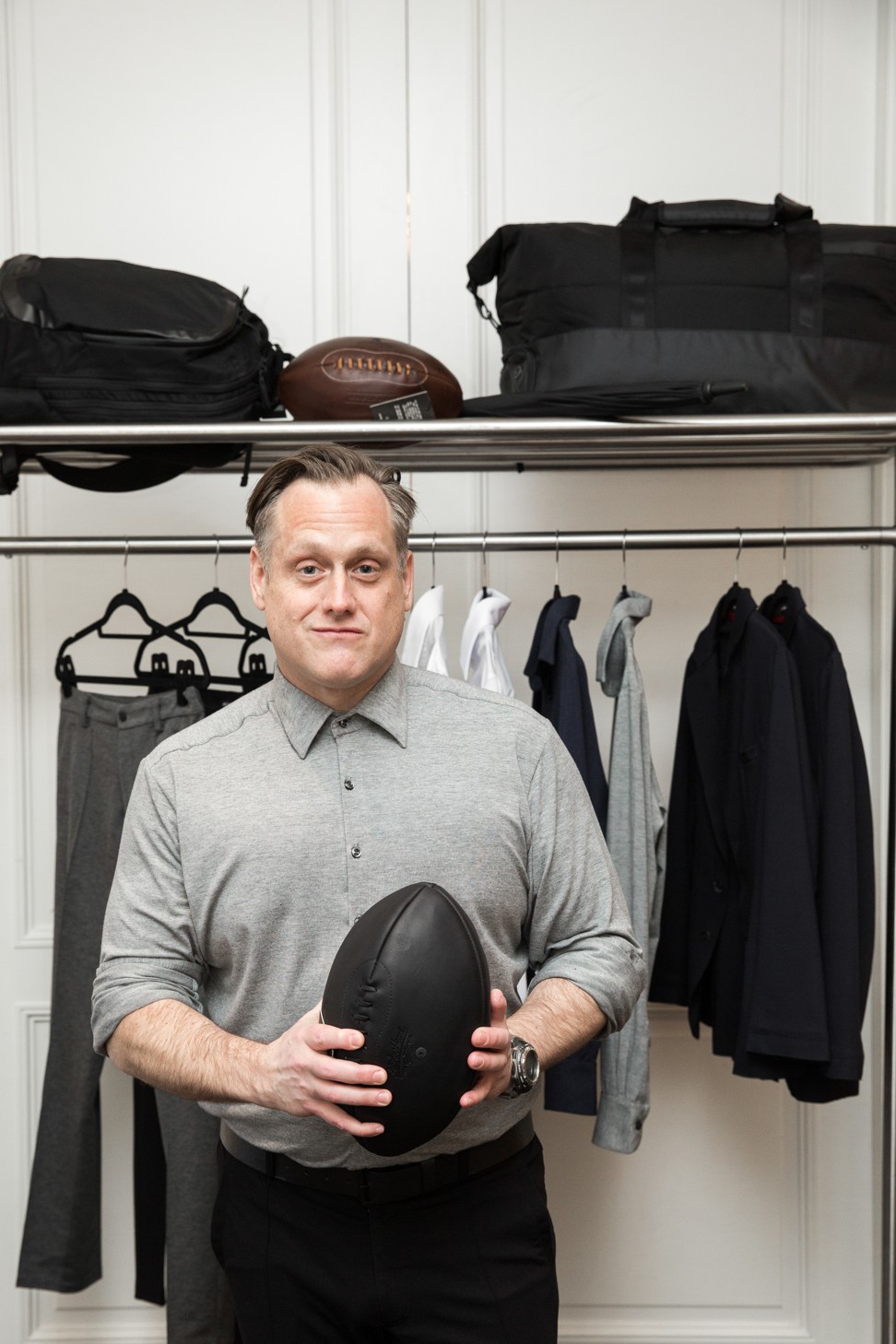
Lindsay Meredith, a marketing professor at Vancouver’s Simon Fraser University, does contract work for a number of local companies and brands, including some well-known retailers. He said the city has long been known for its “fusion” palette when it comes to food, blending Asian restaurants with a Western feel.
That is now making its way into the fashion world, creating a hybrid look where Chinese students, workers and immigrants are mixing their Asian tastes with Vancouver’s laid-back-but-trendy West Coast stylings typical of urban hipsters. Canadian staple shops like Lululemon and trendy fleece outlet Roots now sit within a one-block radius of Louis Vuitton and Versace.
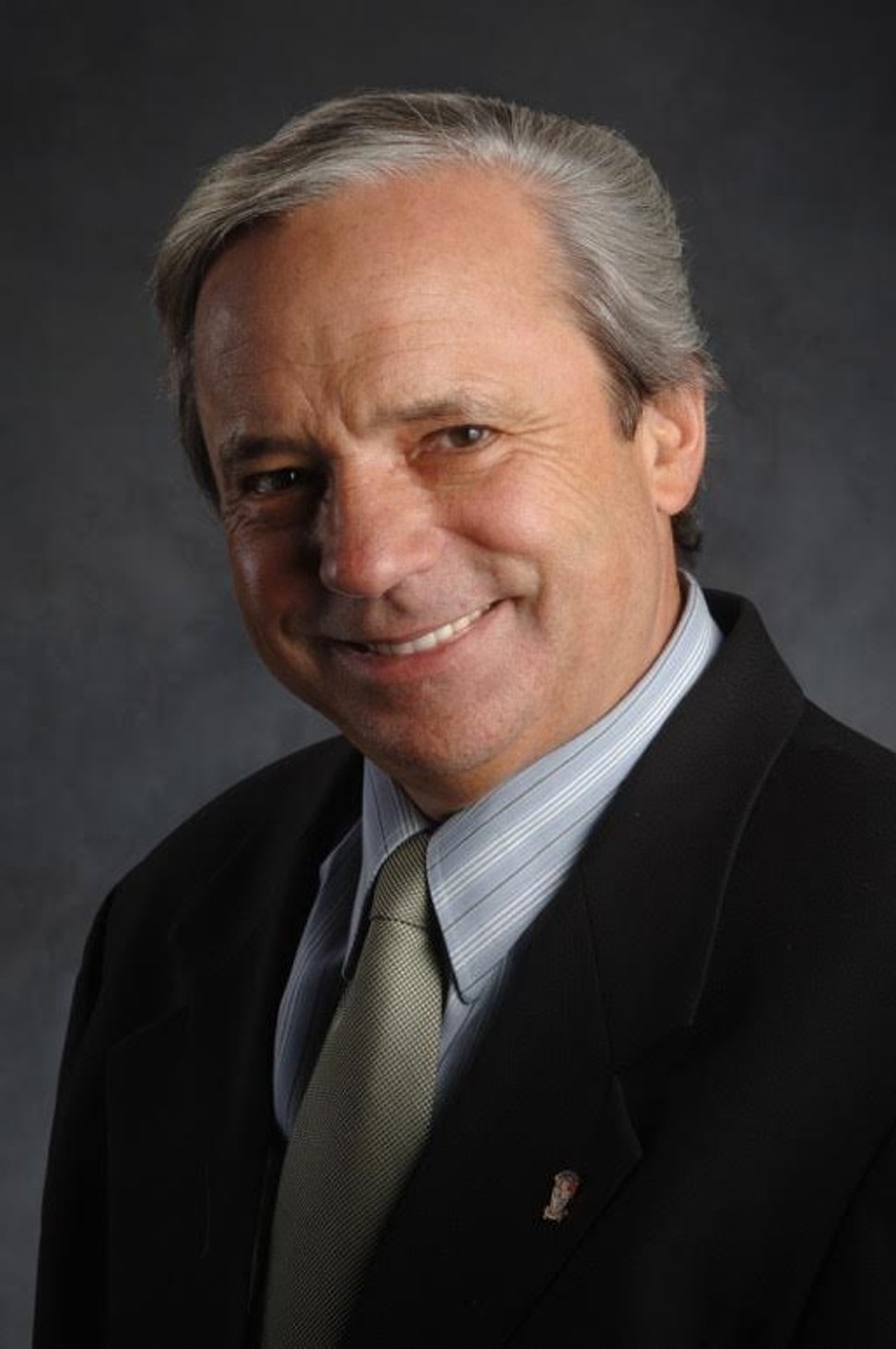
Meredith acknowledged that more people are worrying Vancouver is becoming a playground for the ultra-rich, and notes that even well-off locals now can’t compete with the amount of foreign cash from China.
He said based on recent demographic trends announced by Statistics Canada, it is estimated seven out of 10 metropolitan Vancouverites will be “non-white” in two decades, and that new immigrants from another country tend to want a “taste of back home” when it comes to everything from fashion and sports to food.
In China, land of one-child families, Canada-born triplets make it big
However, Canadians shouldn’t necessarily worry that their country is being taken over, socially speaking, by the Far East, Meredith said.
“You get these cultural invasions, if you want to call it that, or ethnic invasions, whether it be Chinese or Indo-Canadian, and they do create their own enclaves,” he said. “But then look at the kids [of those immigrants] two or three generations down the road. They aren’t Chinese or Indian, they’re very much Canadian.”

